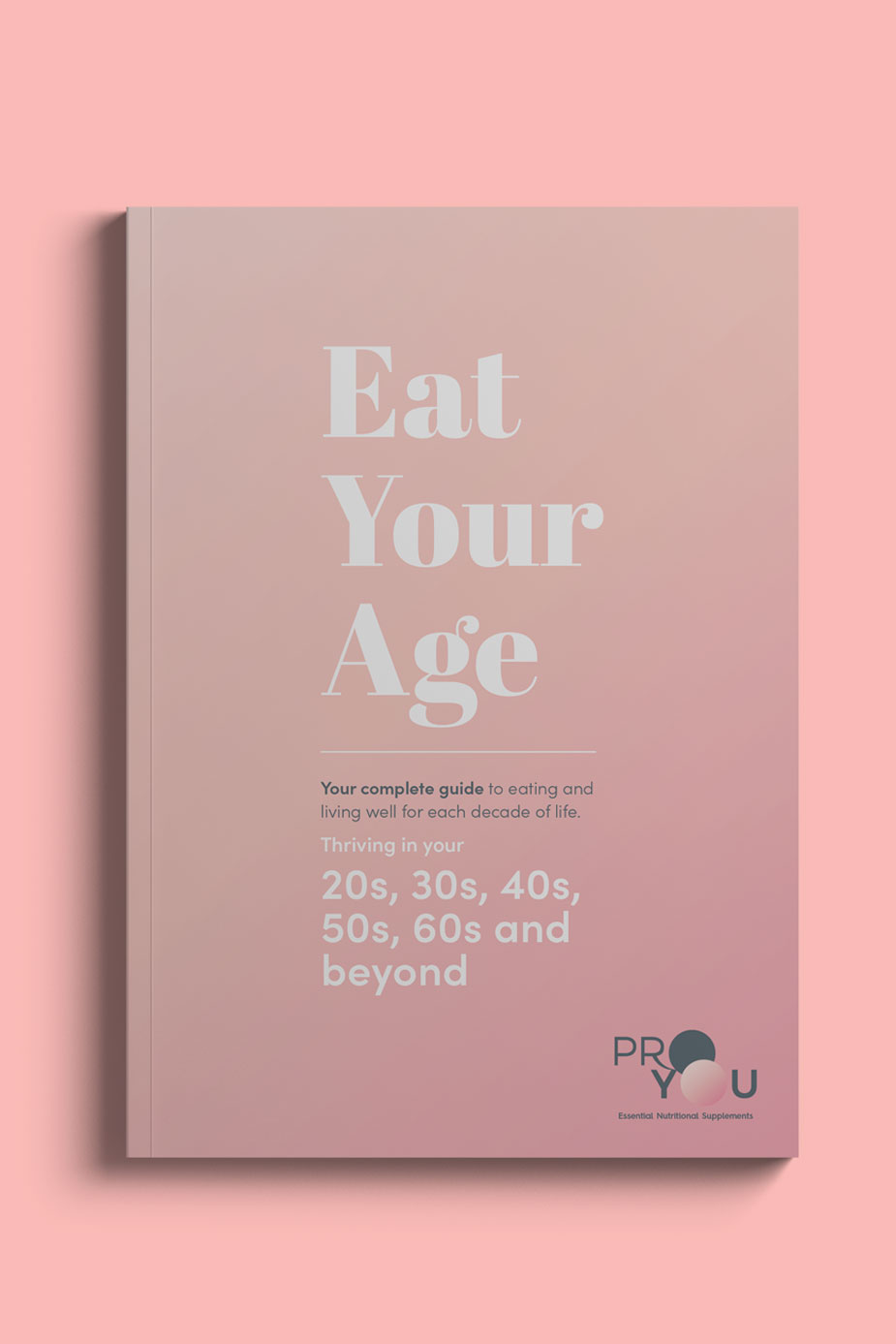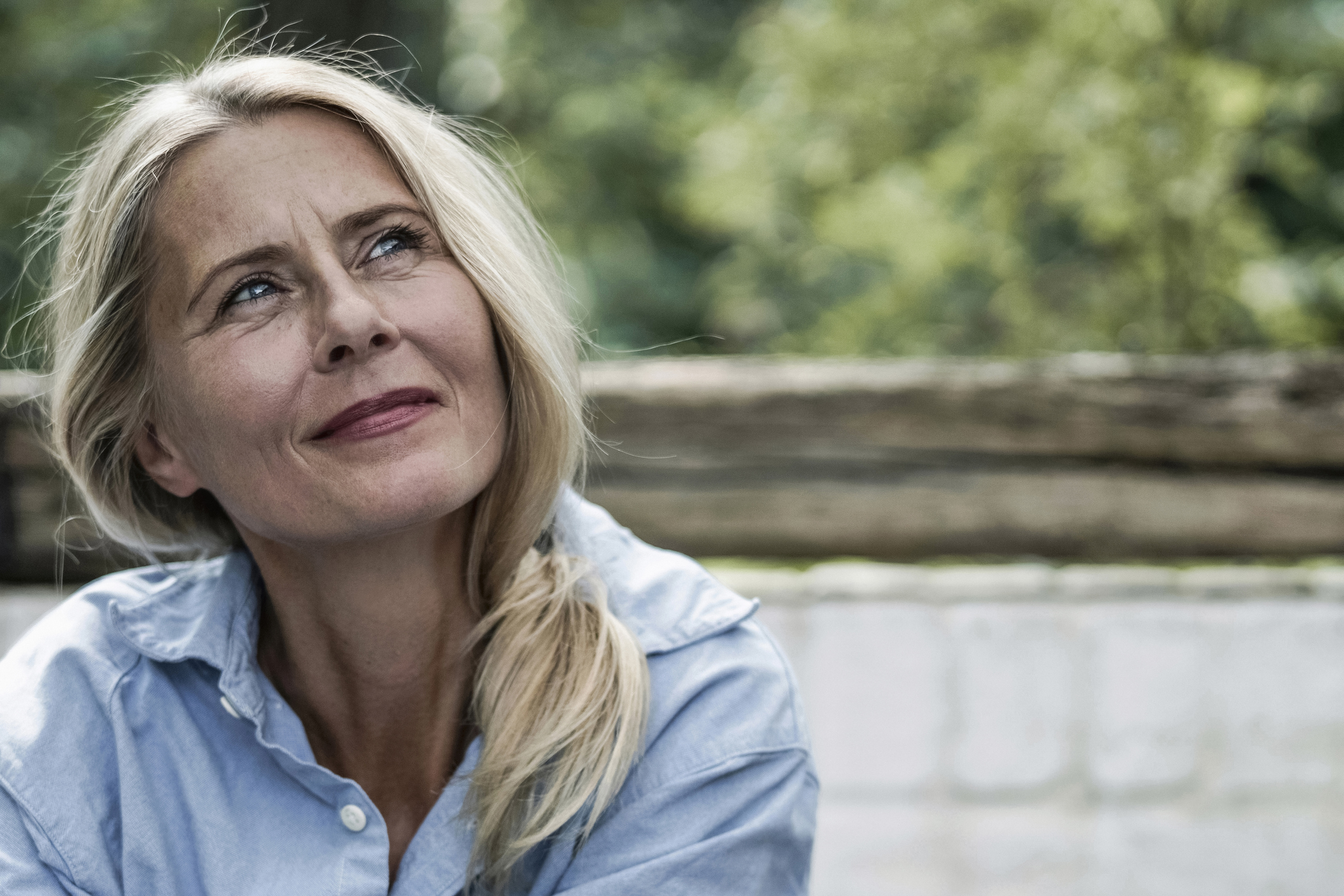How to feel fit, happy and healthy in your 60s onwards
The pressures of life have hopefully waned and now you’re settling in to enjoy the leisurely side of life. With mindfulness, a healthy diet and regular exercise your body can still perform so you can do the things you love, and age at a slower rate.
Your muscle and bone mass naturally starts to diminish which can put you at risk of falls and fractures.
Tips to help slow muscle loss:
- Keep active!
Weight training isn’t just for gym buffs, it can also be a great way to keep using your muscles. Use it or lose it. Best to get a professional to help you with this if you are new to it. This will reduce the risk of injury and put you on a path so you can keep going! - Keep up your protein intake.
Although your appetite may have decreased and your energy requirements are lower (you need fewer calories!), you need roughly the same nutrients as before. From the age of 70, your protein requirements have surprisingly increased. This means you are going to have to eat smarter. Keeping up a high protein intake will help minimise muscle wastage and even help build muscle if you are training.If you’re struggling to increase your protein intake (we know, it can be hard) a protein supplement is a convenient way to fill in the gaps. A scoop of protein powder into a smoothie or in your yoghurt is a simple yet effective booster.
Tips to help slow bone loss:
- Include good sources of calcium into your diet including dairy, sesame seeds and more dark leafy vegetables.
- Try to get some sunshine to boost your levels of Vitamin D and supplement during winter. If you find you’re not able to get sunshine during the summer months – consider supplementing year-round.
- Weight-bearing exercises help stimulate your bone to build rather than break down. Walking is an excellent example that is easy on the joints and great for mental health!

A few changes happen from your 60’s onwards…
Your requirements for vitamins B6 and D increase, while your iron and energy requirements decrease.
There appears to be a decreased ability to recognise hunger and thirst signals – this may lead to unintentional dehydration and weight loss. As we mentioned earlier, your nutrient requirements are the same (and in some cases, more!) than they have been earlier in life – so keeping up a good, nutrient-packed, well- rounded diet is crucial. Think about eating the rainbow (and no, we don’t mean in M&Ms), enjoying nourishing complex carbohydrates and filling up on lean protein sources.
Retaining Neuroplasticity:
While more of us are trying to reduce the amount of plastic in our life, neuroplasticity is something we want to keep close. Neuroplasticity refers to the ability of the brain to adapt to changes in an individual’s environment. While we have this throughout our life, it is important to keep this adaptability as we get older to stay sharp and protect our cognitive health. While research is still evolving, studies suggest that physical activity, a healthy diet and “mental gymnastics” can aid in neuroplasticity. With special mentions to:
• Turmeric – a powerful anti-inflammatory and antioxidant.
• Catechin Polyphenols – found in teas, are potent anti-inflammatory and antioxidants
• Resveratrol – found in grapes and wine (yay!) is a type of antioxidant
• Omega 3 Fatty Acids – found in oily fish (hello, salmon, herrings, anchovies) show neuroprotective benefits.
While gymnastics may not be up your alley anymore, mental gymnastics can certainly have its place – sudoku, crosswords or even learning a new language are all great exercises for the brain.
P.S. You can teach an old dog new tricks!
Want to discover more about how to eat for your age?
Download ‘Eat Your Age’ – Your complete guide to eating and living well for each decade of life.








